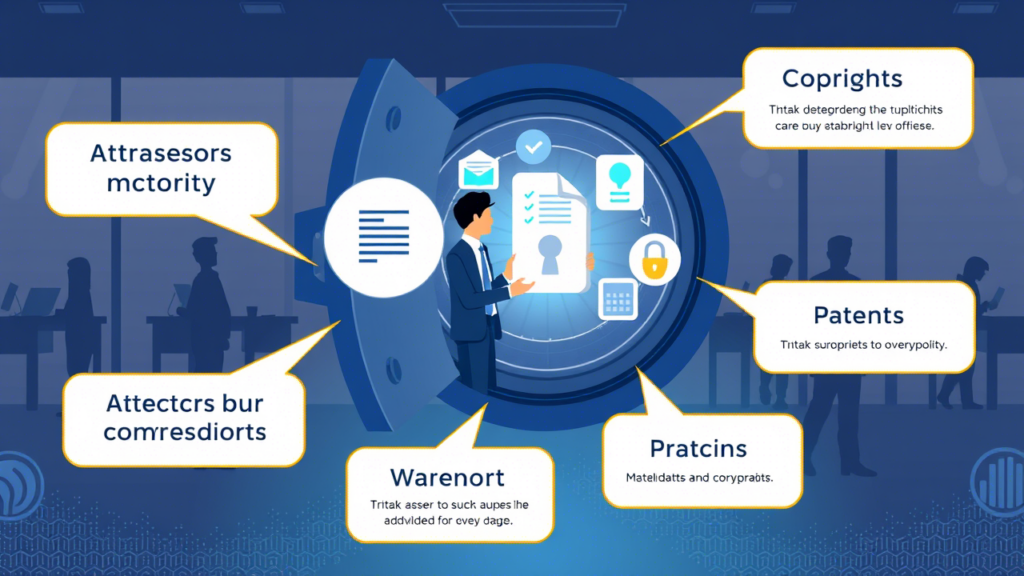What Are Business Licenses and Permits?
Business Licenses are official documents issued by government agencies that allow you to legally operate your business within a specific jurisdiction.
Permits, on the other hand, are authorizations required for certain activities or to operate in certain locations (e.g., health permits, zoning permits).
Both are critical for ensuring that your business adheres to local, state, and federal regulations.
Common Types of Licenses and Permits
1. General Business License
- Overview: Most cities or counties require a general business license to operate legally within their borders.
- Purpose: Validates that your business meets local regulatory requirements.
2. Zoning and Land Use Permits
- Overview: If your business has a physical location, zoning permits ensure that your business is allowed to operate in that area.
- Purpose: Prevents conflicts between different land uses (e.g., residential vs. commercial).
3. Sales Tax Permit
- Overview: If your business sells taxable goods or services, you’ll likely need a sales tax permit.
- Purpose: Allows you to collect sales tax from customers and remit it to the state.
4. Health and Safety Permits
- Overview: Required for businesses involved in food service, healthcare, or other industries where public safety is a concern.
- Purpose: Ensures that your business complies with health and safety standards.
5. Professional and Occupational Licenses
- Overview: Certain professions (e.g., lawyers, real estate agents, cosmetologists) require specialized licenses.
- Purpose: Confirms that you have the necessary skills and qualifications to offer your services.
6. Environmental Permits
- Overview: For businesses that impact the environment, such as manufacturing or waste management, environmental permits are essential.
- Purpose: Ensures compliance with environmental regulations to protect natural resources.
Steps to Determine and Obtain the Right Licenses and Permits
- Research Local Requirements:
- Start by visiting your city or county government website to identify the specific licenses required for your business type.
- Check state and federal regulations that might apply to your industry.
- Prepare Your Documentation:
- Gather necessary documents such as your business plan, proof of address, and any certifications or qualifications.
- Ensure you meet the eligibility criteria before applying.
- Submit Your Application:
- Complete the application forms accurately and submit them along with any required fees.
- Some permits may require inspections or additional approvals.
- Stay Organized:
- Keep a record of all your licenses and permits, including renewal dates.
- Set reminders for renewals to maintain continuous compliance.
- Consult Professionals if Needed:
- Consider seeking advice from a legal or business consultant to ensure you haven’t missed any requirements.
Why Compliance Matters
- Avoid Fines and Penalties: Operating without the necessary licenses and permits can result in fines, legal issues, or even forced closure of your business.
- Build Credibility: Proper licensing signals to customers and partners that your business is legitimate and trustworthy.
- Smooth Operations: Staying compliant with regulations helps you focus on growth without unexpected disruptions.


Leave a Reply